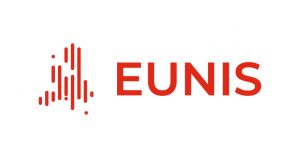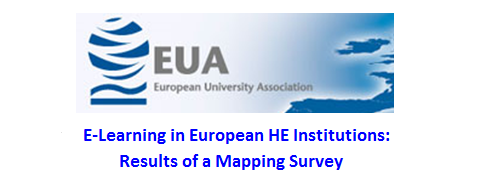E-Learning in European Higher Education Institutions: Results of a Mapping Survey conducted in Oct – Dec 2013
With the emergence of Massive Online Open Courses (MOOCs) it seemed that, beyond the bounds of the e-learning communities and their activities, generally, little attention had been paid to how information technologies (ICT) impacted higher education teaching and learning. There were voices pointing out that the rise of MOOCS was just one particular, albeit spectacular element, of the much broader agenda of digitalisation (i.e., e- and online learning), in which many universities have been involved for quite some time. While this is difficult to prove, the recent heated debates on the strategic importance of e- and ICT-based learning for European higher education, and predictions made about the future of higher education, revealed a lack of European-level data on e-learning in higher education.
It was for this reason that EUA decided to conduct this survey, in order to be in a better position to contribute to ongoing policy discussions, and to support our members in their efforts to further enhance and promote innovation in learning and teaching.
The results of this survey are surprising. Apart from a few notable exceptions, almost all institutions are involved in some forms of e-learning. It seems that there has been no sudden and disruptive change, but rather that a gradual adaptation has taken place, which continues at different paces and scales across Europe. Nevertheless institutional responses to MOOCs do suggest that European higher education institutions are capable of responding swiftly to new strategic challenges.
Read the report here


